
Lotus Pose Lotus pose, Poses, Yoga poses
Lotus Pose "This is an intense but pleasant hip-opener that can help negate feelings of physical and emotional stress," Prichard says. The hips are said to store emotions, so it's worthwhile.
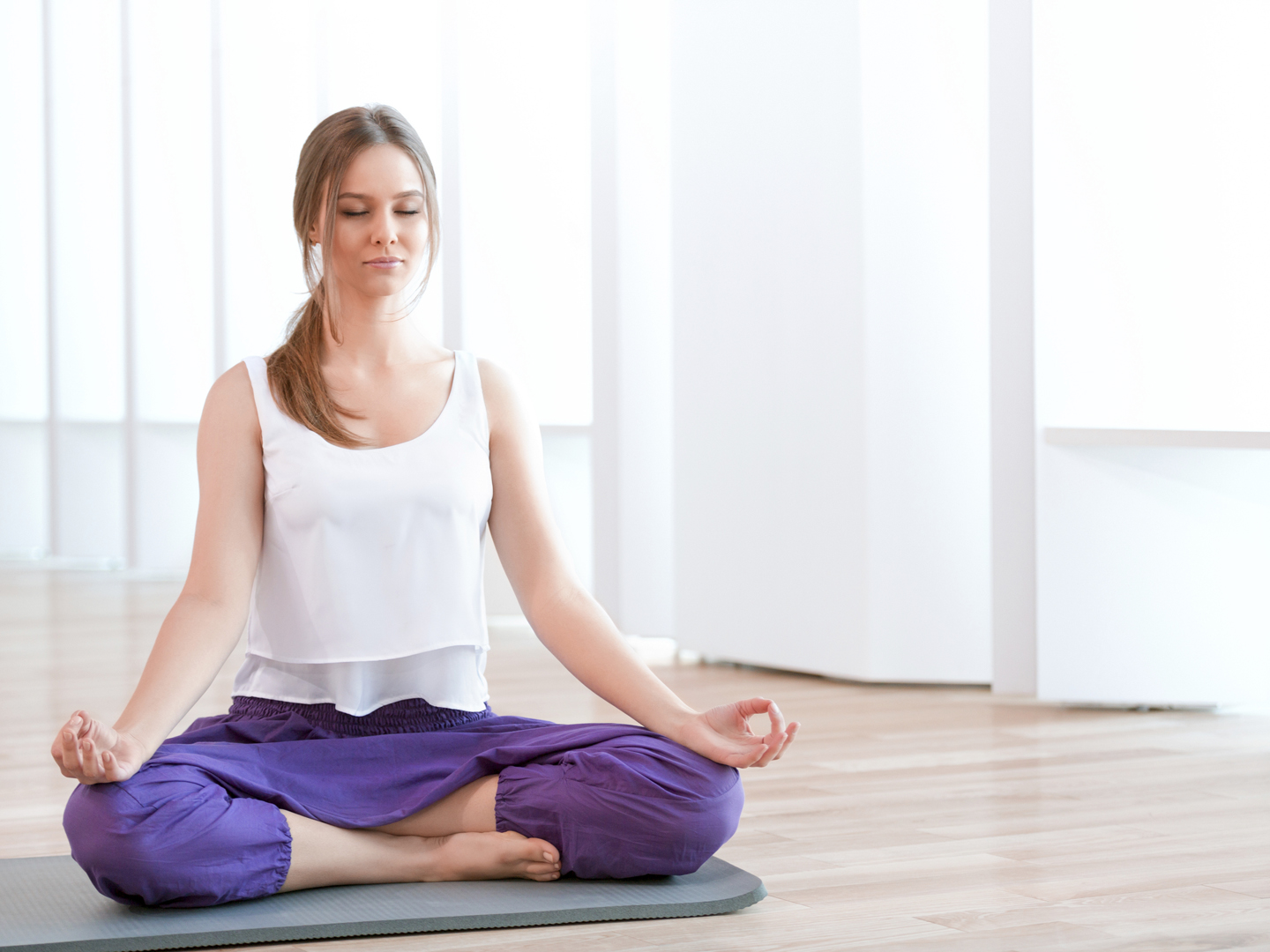
Lotus Pose Yoga With Dr. Weil
Padmasana, or Lotus Pose, is a traditional yoga posture in which our legs are crossed on top of one other with each foot resting against the opposite hip. When practiced carefully, the leg bind of Lotus creates a strong and stable seat from which the spine can lengthen upward and the breath is able to flow freely, allowing us to enter the subtler limbs of pranayama and meditation.
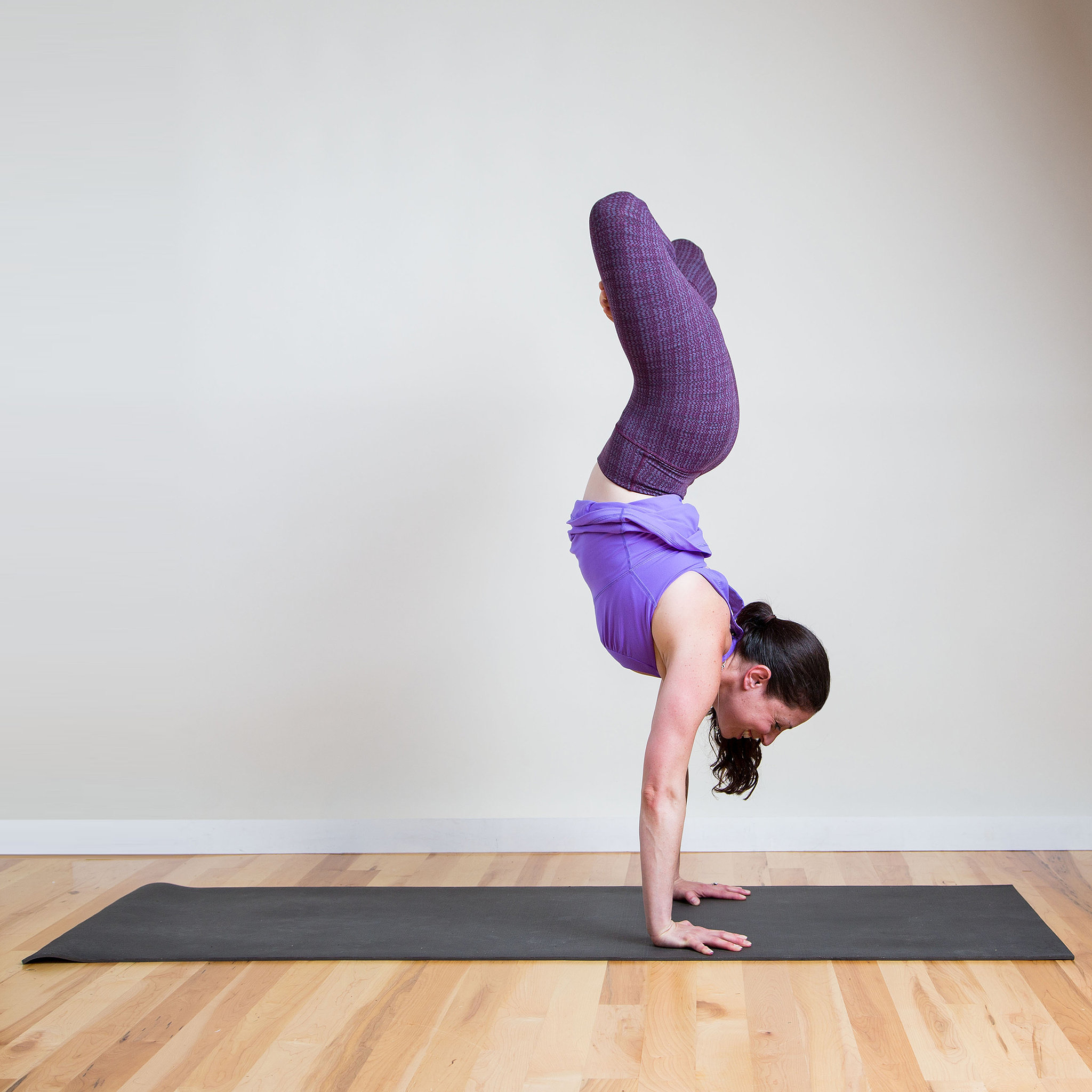
Handstand Lotus 25 Amazing Yoga Poses Most People Wouldn't Dream of Trying POPSUGAR Fitness
Lotus Pose is an advanced pose often referred to by its Sanskrit name, Padmasana. Learn the benefits of this. Learn how to do Lotus Pose in yoga step-by-step! Lotus Pose is an advanced pose.

Beautiful woman in lotus pose practicing yoga outdoors Stock Photo Dissolve
You may have come across the symbol of the lotus flower in yoga philosophy. It is an encouraging symbol on the spiritual path. This beautiful flower still grows and thrives in the muddiest of water. In the iconic yoga pose Padmasana (Lotus Pose), it seems as if the legs resemble the petals of a lotus flower.
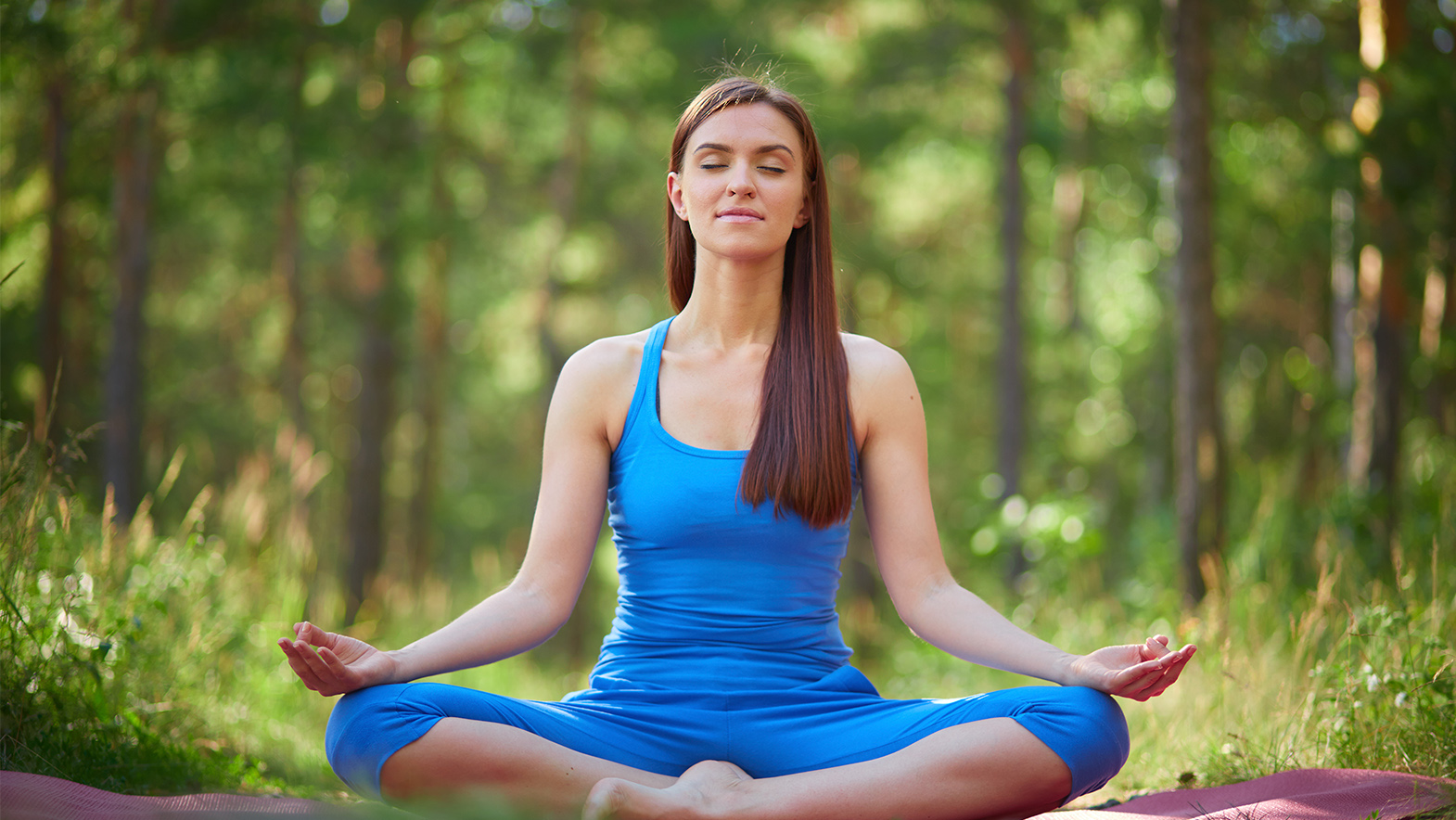
Padmasana Benefits The Lotus Pose Is More Than Just A Stretch
Padma = Lotus, asana = posture or pose or position Pronounced : Pa-dah-maa-sun-aa. Padmasana or Lotus position is a cross-legged yoga posture which helps deepen meditation by calming the mind and alleviating various physical ailments. A regular practice of this posture aids in overall blossoming of the practitioner, just like a lotus; and hence the name Padmasana.

Yogi female in lotus pose Stelvoren
Variations of Lotus Pose. Lotus Pose is a deceptively complicated posture that is one of the most iconic yoga poses throughout history. While undeniably powerful in its traditional execution, there are a number of variations that adapt to different levels of flexibility and practice: Half Lotus. How to Perform. Begin in a seated position.
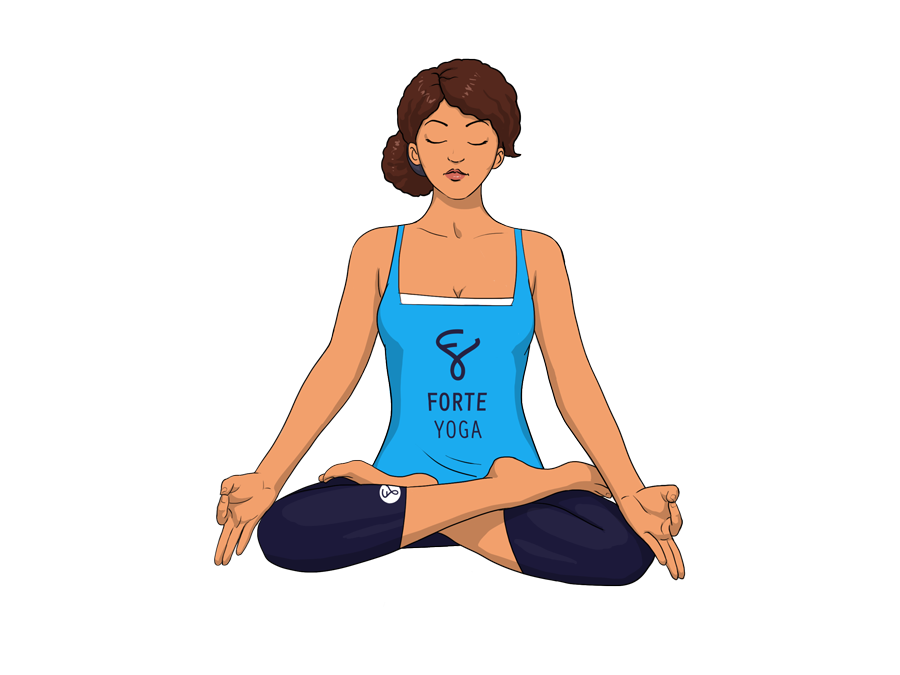
Lotus Yoga Pose Forte Yoga
Pose Information {pose_information} Sanskrit Name: Padmasana. Pose Level: Level 2. Contraindications and Cautions: Recent ankle or knee injuries. The first time you perform Padmasana, it is best to try it under the supervision of an experienced yoga teacher to prevent injuries.Especially exercise caution if you have sprained your knees in the past.
/23-3567098-LotusPose-006-a297dfb82b274118bfb408406fa3c576.jpg)
How to Do Lotus Pose (Padmasana)
Lotus Pose for Sciatica Sciatic nerve pain can also make the Lotus Pose rather difficult. If you are physically unable to do so, try a different yoga pose like the Downward Dog. Lotus Pose for Hypertension Full Lotus Meditation is great for those suffering with hypertension. Studies point to the merits of yoga for reducing blood pressure overall.

Yoga for Balance and Flexibility
While Lotus Pose (Padmasana) is one of the most recognizable yoga poses, it is an advanced pose that isn't appropriate for the majority of practictioners. In part, this is because most Westerners have gotten out of the habit of squatting and sitting on the floor and therefore have limited hip mobility.

10+ Lotus Pose For Meditation Yoga Poses
Lotus Pose is one of the most easily recognized yoga poses. Legs crossed and hands resting on knees with thumb and index finger forming a circle, it is a popular pose to perform. The Lotus Pose, known in Sanskrit as Padmasana, comes from padma meaning lotus and asana meaning posture. The pose is often used as a resting pose to calm the mind and.

woman meditating in lotus pose at yoga studio RALPH SMART INFINITE WATERS DIVING DEEP
Lotus pose, or padmasana, is yoga's most famous meditation pose. It is an advanced seated yoga posture wherein the knees are bent and the feet rest on top of opposite thighs. Instructions. Sit with your legs outstretched. Bend one leg and place the foot on top of the opposite thigh.

How to do Padmasana (Lotus Pose) OmStars
Calling Lotus the "destroyer of disease," it lists the myriad physical and energetic benefits of the pose. According to the Pradipika, because of the way the body is "locked" into place, various parts of it in Lotus Pose press into the acupuncture points of stomach, gallbladder, spleen, kidneys, and liver.

Yoga Pose Breakdown Lotus l Nina Elise Yoga
Step 4: Half Lotus Pose. From dandasana, externally rotate your right leg and then bend the right knee so that it points out to the side, drawing your right heel back toward your pubic bone to fully flex, or "close," the knee joint before you lift your foot up onto your thigh.

Lotus Yoga Pose Yoga Half Lotus Pose Yoga asanas (poses) from standing
Lotus Pose, Padmasana, increases flexibility and builds character, and like the flower it metaphorically symbolizes, opens you up from the inside out. Padmasana is commonly used for breathwork and meditation and the history of this pose runs deep . . . it has literally been practiced for thousands of years. When you learn to practice this pose.

Padmasana Lotus pose YOGATEKET
Benefits of Lotus Pose. Lotus Pose is traditionally known to calm the mind and prepare the practitioner for deep meditation. It also stretches the knees, ankles, and hips; and strengthens the spine and upper back. This pose also increases circulation in the spine and pelvis, which can help to ease menstrual discomfort and distress in the female.
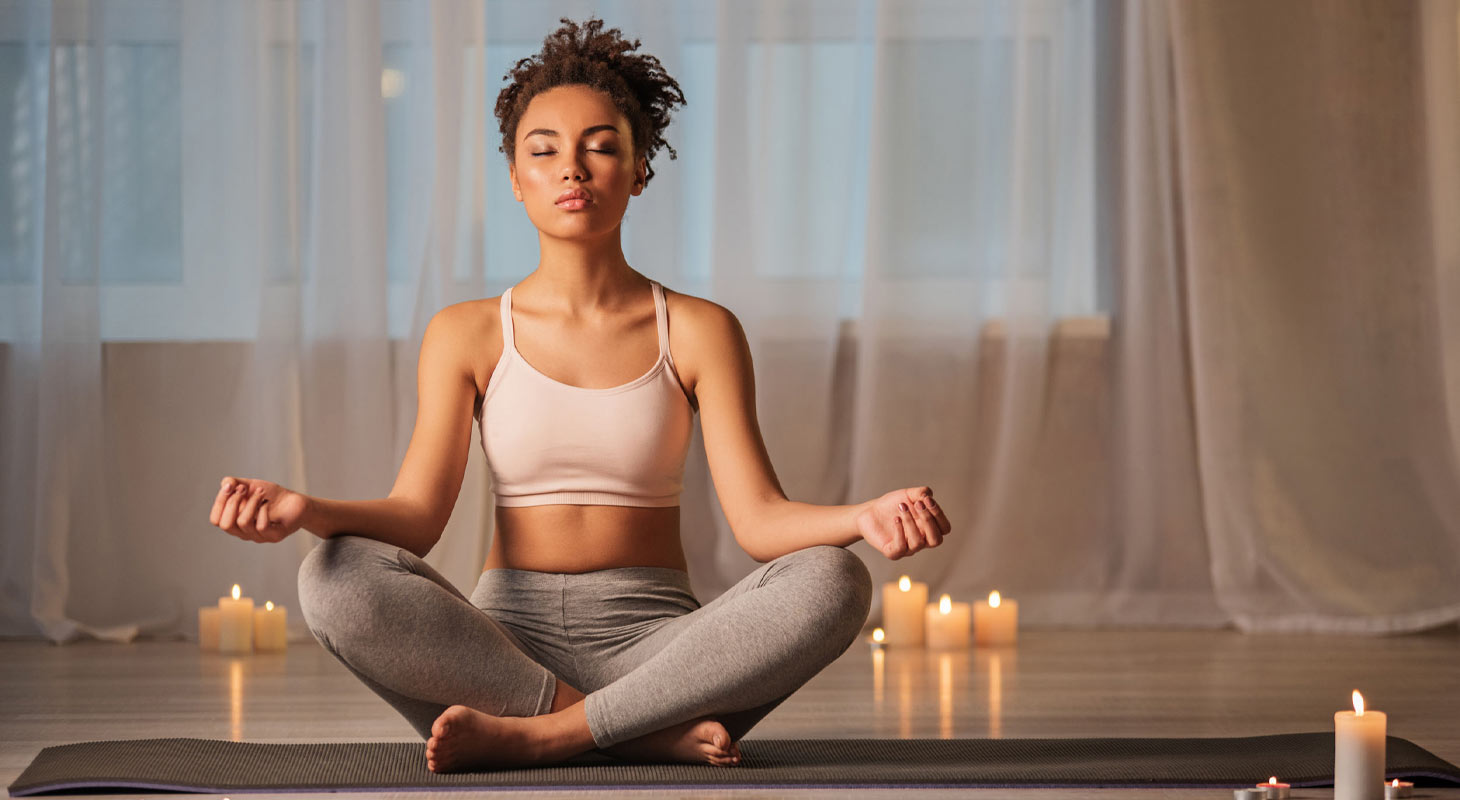
Position du lotus Tout savoir sur cette posture de yoga • Namaste
Lotus Pose or Lotus Position - Padmasana (PAA-daa-maa-SUN-aa) - is a cross-legged, seated posture that deepens the experience of meditation by calming the mind and alleviating various physical ailments. As its name suggests, regular practice of this posture aids in the overall blossoming of the practitioner. Lotus pose gets its name from the Sanskrit words padma, meaning lotus, and asana.